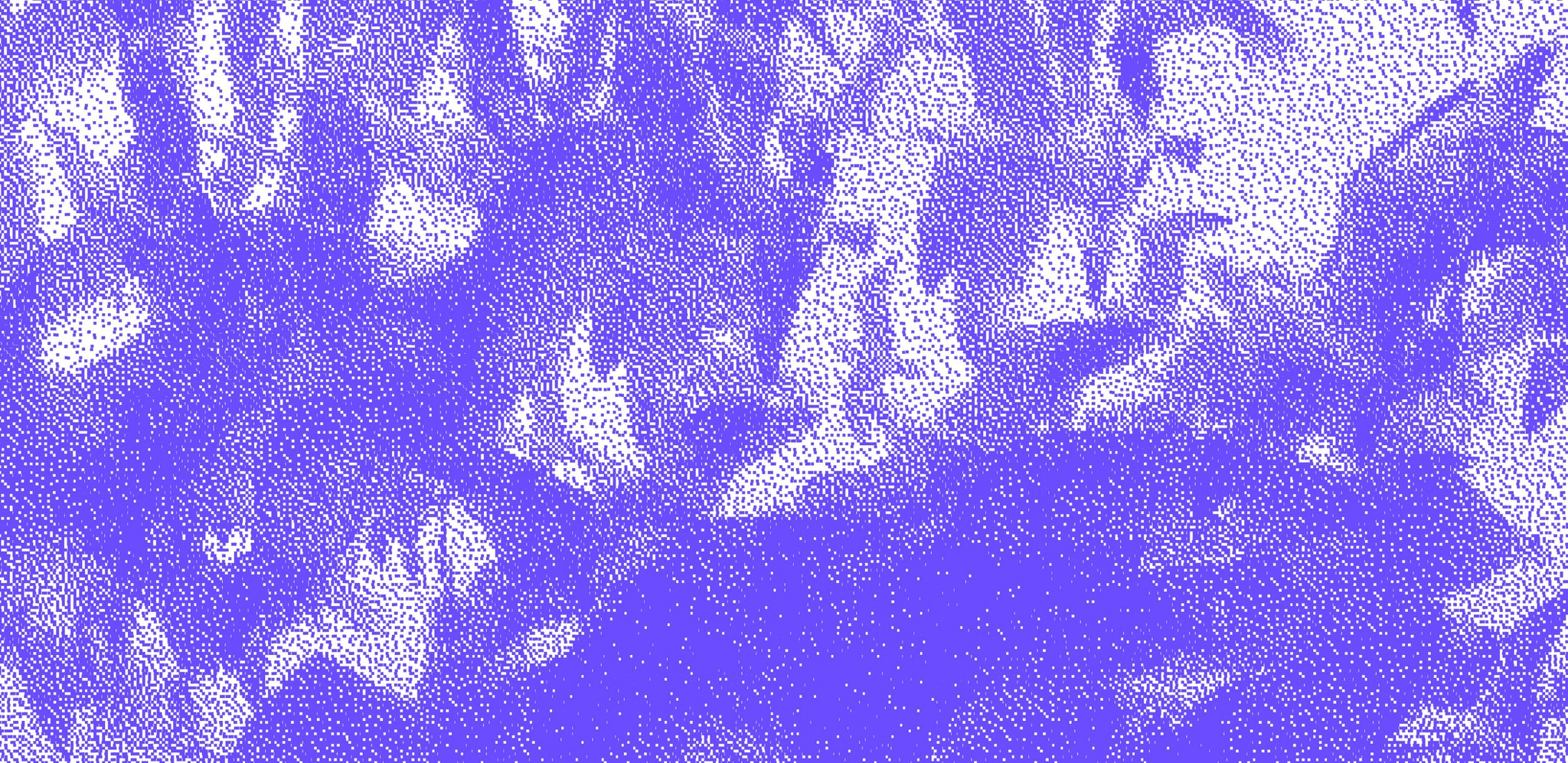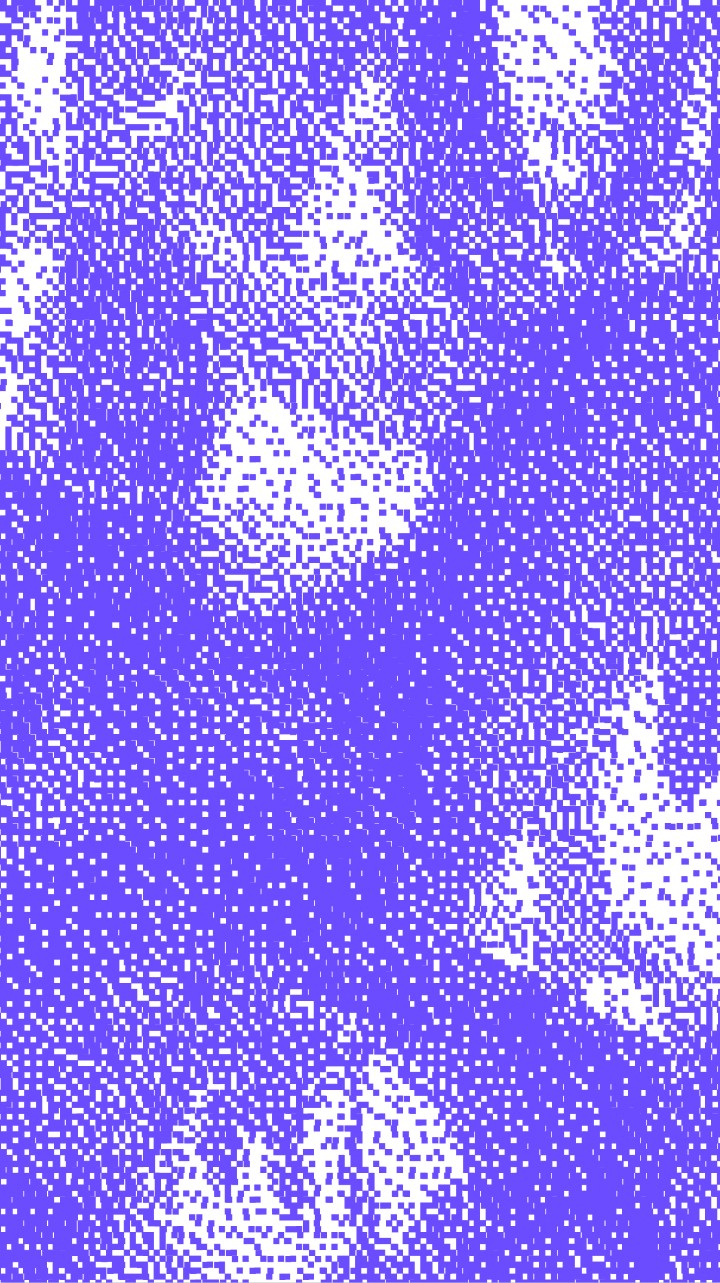

Feb 13, 2024
Feb 13, 2024
-
-
5.30pm
5.30pm
Screening
Screening
Screening
Meezan
Meezan
Set in south-western Iran, in the province of Khuzestan and bordering with Iraq, Meezan (Scale) is an immersive experience about labor at the margins of petro-capitalism in three chapters. Departing from the shore of Abadan, the first oil company-town in the Middle East, it follows a group of Arab fisherman who exemplify the realities of maintaining intergenerational ways of living and working on the sea. The men lead us to Bahrakan harbor where they barter for their share of the catch. What is contemporaneously a meeting place for fishmongering was a site of arduous migration for refugees fleeing Abadan after the mass destructions of the Iran-Iraq war in 1980’s. Meezan concludes in a secluded shrimp processing plant on the outskirts of Abadan where women who are shuttled in from surrounding villages furiously peel and devein shrimps in their own race for wages. Despite the massive industrialization of the region, waterways of Khuzestan remain a significant source of income for the native communities who are most intimately connected to these embattled landscapes, and Meezan is a reflection on the relation between bodies and scales to acknowledge the weight of the past and its consequences in the present.




Set in south-western Iran, in the province of Khuzestan and bordering with Iraq, Meezan (Scale) is an immersive experience about labor at the margins of petro-capitalism in three chapters. Departing from the shore of Abadan, the first oil company-town in the Middle East, it follows a group of Arab fisherman who exemplify the realities of maintaining intergenerational ways of living and working on the sea. The men lead us to Bahrakan harbor where they barter for their share of the catch. What is contemporaneously a meeting place for fishmongering was a site of arduous migration for refugees fleeing Abadan after the mass destructions of the Iran-Iraq war in 1980’s. Meezan concludes in a secluded shrimp processing plant on the outskirts of Abadan where women who are shuttled in from surrounding villages furiously peel and devein shrimps in their own race for wages. Despite the massive industrialization of the region, waterways of Khuzestan remain a significant source of income for the native communities who are most intimately connected to these embattled landscapes, and Meezan is a reflection on the relation between bodies and scales to acknowledge the weight of the past and its consequences in the present.











